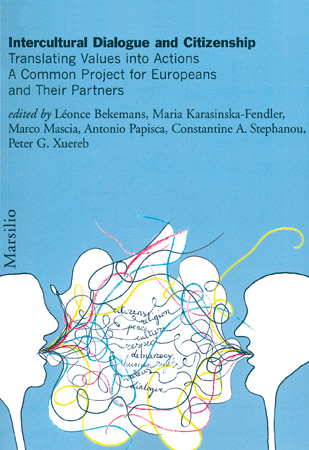Raccolte

Inclusion, Human Rights and Intercultural Dialogue
Giampiero Griffo (2007)
- Contenuto in
- Intercultural Dialogue and Citizenship
- Tipologia pubblicazione
- Articolo / Saggio
- Pagine
- 587-600
- Lingua
- EN
The World Freedom Movement of the Persons with Disabilities has developed a strategy to overcome the condition of discrimination and the lack of equal opportunities for the 650 million disabled people world-wide. Such condition, created by a discriminatory social treatment, has produced invisible citizens, limiting their participation to social life. The process of reconstructing an acknowledged social identity, by overcoming a negative vision and reformulating society rules in order to guarantee the full enjoyment of the human rights, is defined as social inclusion, and was acknowledged by the UN Convention on the rights of persons with disabilities. The condition of people with disabilities is similar to that of immigrants and the people viewed negatively by society: both conditions in fact, produce prejudice, social stigma, and continuous violations of human rights. The article studies the constitutive elements of the emancipation strategy of persons with disabilities, with particular focus on the concept of inclusion, while trying to apply to it themes of intercultural approach. Human diversity in Western countries is still evaluated according to a Greek approach, the syndrome of «Oi Barbaroi». In this framework the «different» must be integrated in a community before being accepted: he/she must change, adapt him/herself to the community rules and principles, denying his/her own original identity. The process of integration does not respect human rights. The process of inclusion implies a transformation of the relationship between those who are not, and those who are part of a community. Inclusion does not have real effectiveness without the participation of the excluded («nothing about us without us»). The process of inclusion must foresee the empowerment of the excluded persons. An inclusive society ought to transform rules and cultures towards the human diversity, offering full citizenship and respect of human rights.

